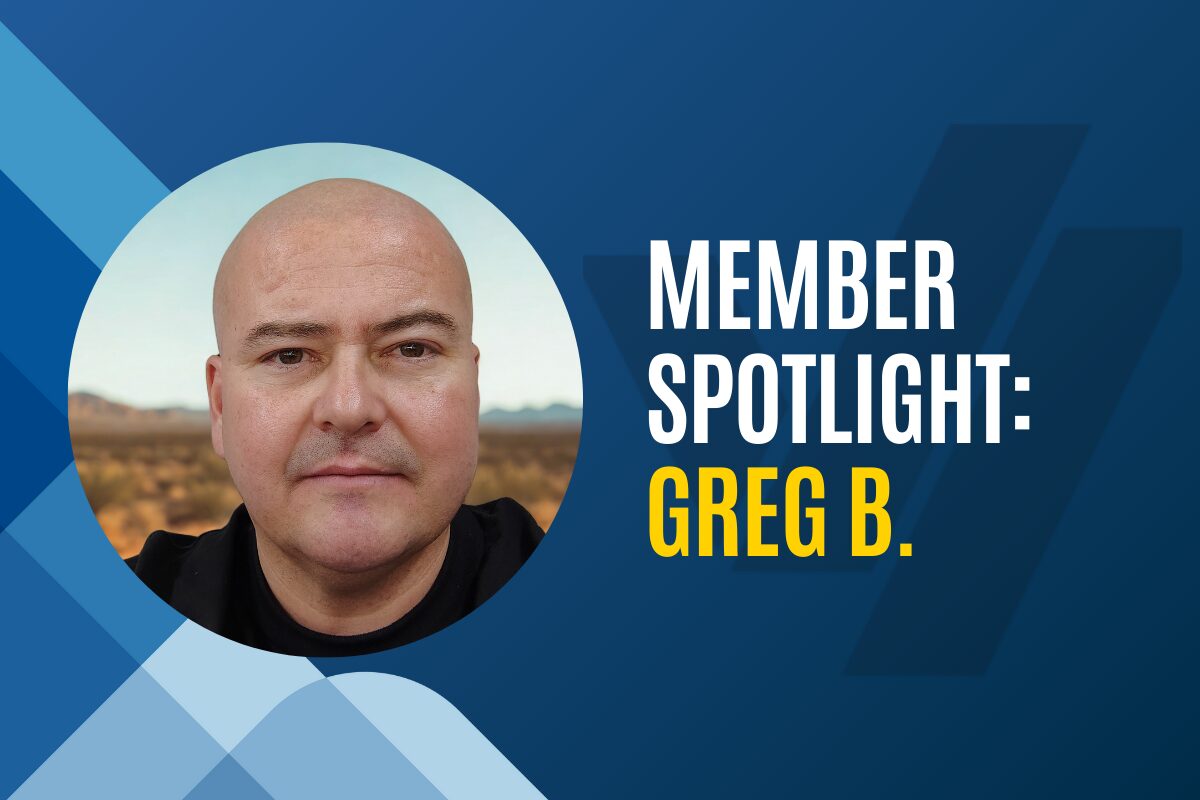Beau McGlamery, CFP®, CMFC®,shares insights on what an emergency fund is and how to determine how much to save.
When working with a wealth manager, one of the first questions an advisor will ask is, “what amount of assets do you have set aside as an emergency fund?” We ask this question because an emergency fund is the bedrock of any financial plan. The amount can vary from person to person for a number of reasons, however, it should be something every individual should think through and work on developing before ever looking at investment options.
What is an emergency fund?
An emergency fund is liquid cash position set aside with the intent to use only in case of a major emergency, such as if you lose your job, have a medical or dental emergency, need unexpected home or car repairs, or have another major disruption to your monthly cash flow. It is not for a down payment on car or to buy the newest iPhone.
How much should I set aside?
Depending on the circumstances it is advised to have anywhere between three to six months of non-discretionary expenses set aside. Your fund could be more or less than that depending on your unique circumstances.
What are non-discretionary and discretionary expenses? Simply put, purchasing wants are discretionary, while needs are non-discretionary. Food, gas, electricity, debt payments, rent/mortgage, and insurance premiums are all considered examples of non-discretionary expenses. Discretionary purchases would be something like dining out, movie tickets, manicures/pedicures, and almost any subscriptions; such as Netflix, Hulu or Disney Plus, to name a few.
How do I determine my emergency fund need?
First, determine your non-discretionary expenses for the average month, taking into consideration expenses like rent/mortgage, groceries, utilities, gas, etc. Then, multiply that number by six to get your emergency fund requirement. This is a general rule of thumb, everyone has their own unique circumstances to consider in addition to monthly expenses. You may consider a larger emergency fund if you are the sole provider for your household or have little job security.
Note that your emergency fund may take some time to develop. The sooner you can begin saving, the better. We recommend setting up an automatic transfer for a portion of your regular paycheck to go directly into your emergency fund. This way, you can build your emergency fund without even thinking about it on a regular basis.
Vantage West Wealth Managers can help you build a healthy emergency fund by reviewing your expenses and unique personal circumstances to help determine a personalized plan that works just for you. With a healthy emergency fund, you’ll be prepared in the case that emergency strikes. Get started today.
The opinions voiced in this material are for general information only and are not intended to provide specific advice or recommendations for any individual. To determine which investment(s) may be appropriate for you, consult a financial professional prior to investing.





